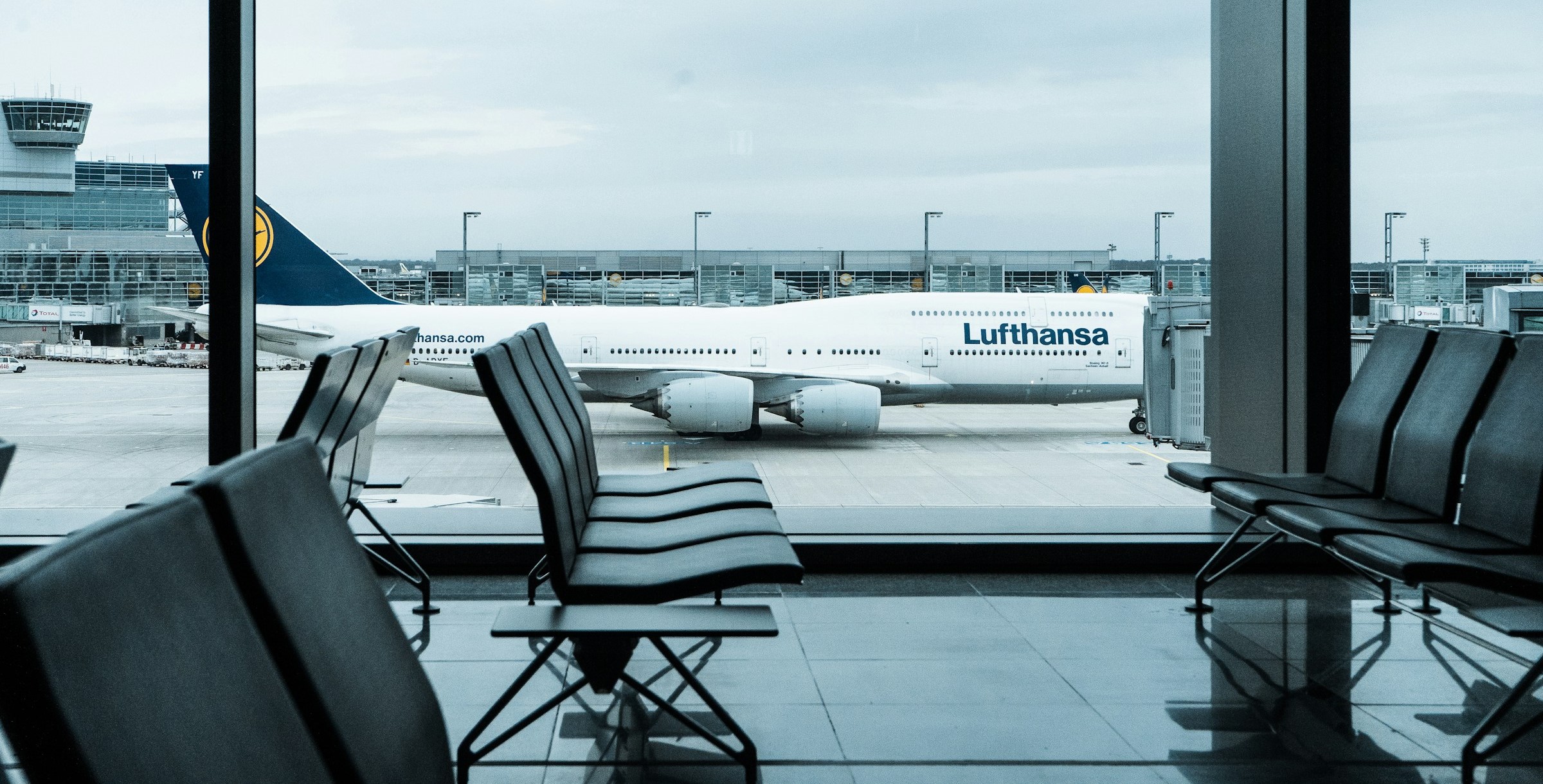Mistra SAMS researchers comment on the aviation debate
The demand for climate-friendly travel is growing.

Many trips can be replaced by digital meetings and air travel by public transport on the ground. The demand for climate-friendly travel is growing.
In a recent debate article by Mistra SAMS researcher Mattias Höjer, together with research colleagues from Chalmers and SLU, Mistra SAMS' key concepts Avoid, Shift, Improve bring clarity to the aviation tax debate. All journeys not made by air because of the air tax would not be made by car. Instead, some trips would not have to be made at all, some would be replaced by public transport such as trains or buses. If it would be replaced by a car, the car could also be shared by several people.
Moreover, write Mistra SAMS researchers Jonas Åkerman and Mattias Höjer in an opinion piece together with Jörgen Larsson, policy researcher for sustainable consumption at Chalmers, the tax exemption for air travel should be phased out in order to reduce emissions quickly enough.
"In this context, it is also important to remember that the possibilities and habits of conducting digital meetings have increased significantly after the pandemic, which reduces the need for business air travel," they write in Svenska Dagbladet.
Why are we flying less?
Mistra SAMS researcher Jonas Åkerman is interviewed both by the Swedish newspaper DN and on Swedish television, SVT, about possible reasons why Swedes are flying less than before the pandemic. The economy and ticket prices are part of the explanation, he tells the newspaper, but he also believes that changes in values play a role, that people want to travel more climate-friendly. He points out that at the same time, rail travel has an increased share of the train and airline market. And that short journeys also can be replaced by digital meetings.
- We have learned to use digital meetings and business travel remains at a lower level.
- The world has become more uncertain and therefore people may be less inclined to travel.
- There is an increased tendency to choose climate-smart alternatives.
Important emission reduction
Air travel is currently stable at a lower level and it will be interesting to see if it remains so, says Jonas Åkerman. Swedes' air travel has decreased by 20 percent, resulting in an emission reduction of about 1.5 million tonnes of carbon dioxide equivalents per year. Emissions from air travel have thus decreased from about 9 million tonnes of carbon dioxide before the pandemic, to just over 7.5 million tonnes in 2023.
A fairly large reduction and an important step along the way, although more needs to be done to achieve the climate goals, observes Jonas Åkerman.
Text: Jenny Rosen
Read the articles
(In Swedish)
Orealistiska antaganden i flygskattsdebatten - Altinget December 21 2023
Svenskarna flyger mindre än före pandemin: ”Attityden har förändrats” - Dagens Nyheter February 5 2024
Därför flyger svenskar mindre nu än före pandemin - SVT February 22 2024
”Fel att sänka skatten för flyget” - Svenska Dagbladet March 11 2023
”Flygets klimatpåverkan är alltför stor” - Svenska Dagbladet March 22 2023
